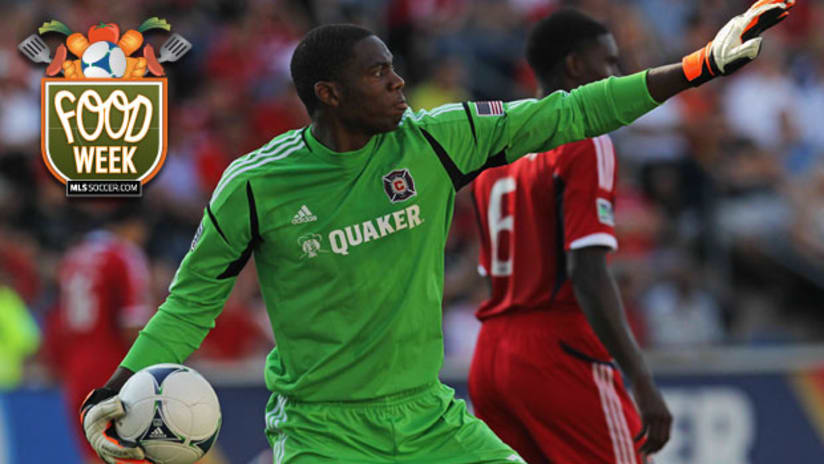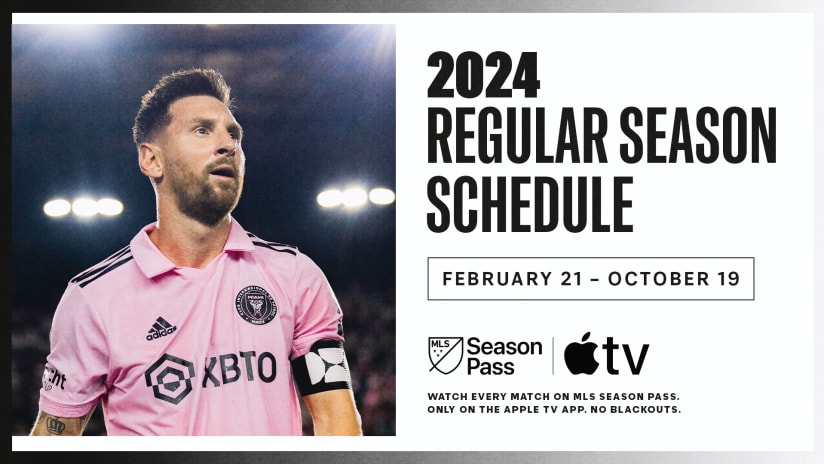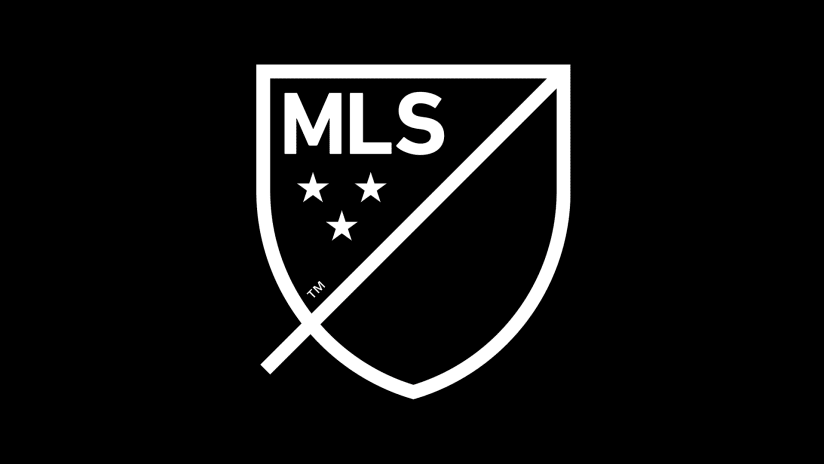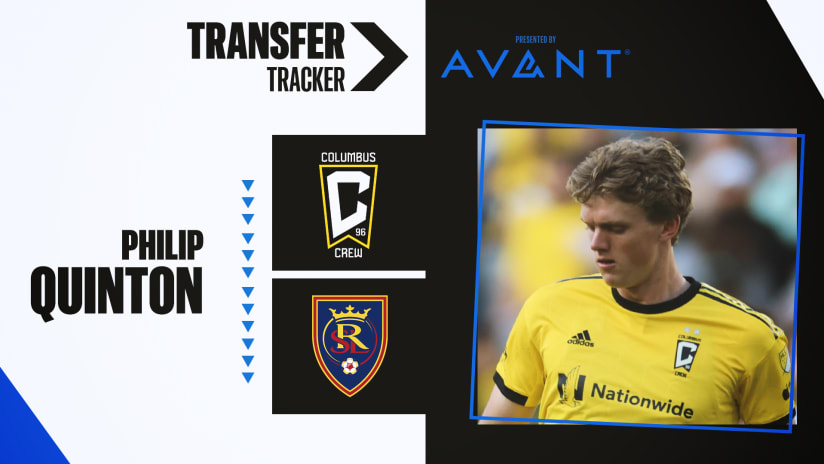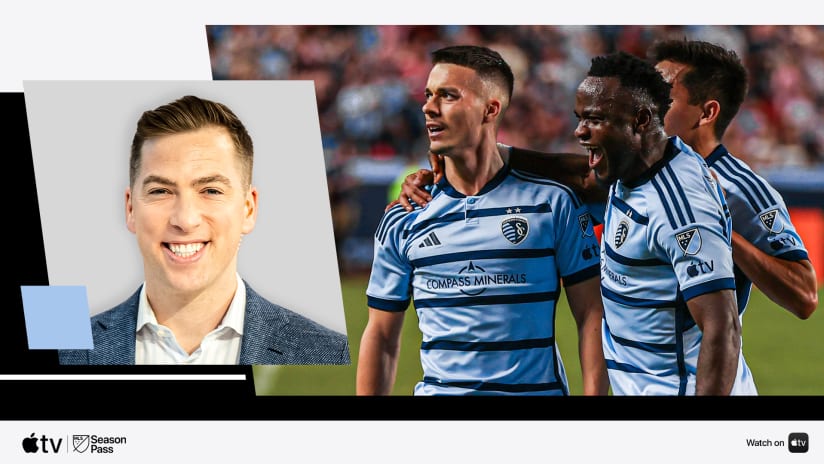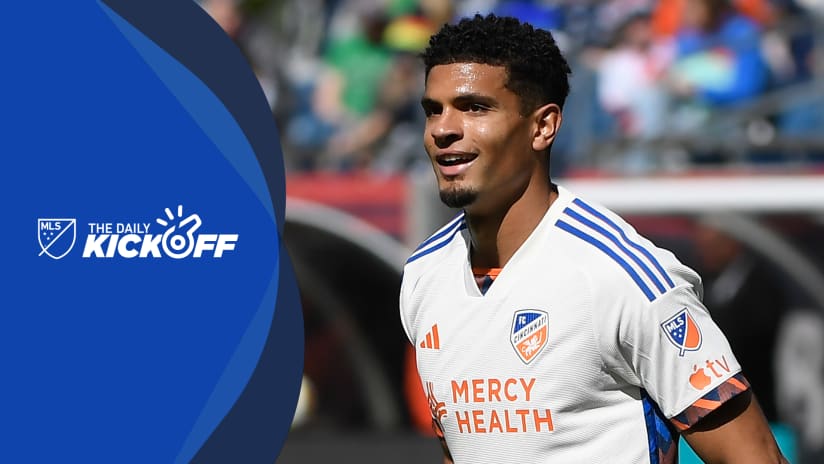The eating habits formed in our childhood and adolescence are hard to break. This is true even for top-tier athletes who, despite being highly motivated to find ways to improve their performance, can struggle to recognize the value of a changed nutrition strategy. After all, the various bits of dietary information they’ve received — or just overheard — over the years never before seemed to hinder their performances.
“It’s difficult to help a player re-learn sound nutrition habits because of the nutrition habits they have already formed when playing on high school or college teams,” says Alice Richer, a registered dietician who works with the New England Revolution. “Their coaches did not intentionally mislead them and many do a great job of instilling good nutrition habits. But there is a lot of nutrition misinformation out there, and the correct sports nutrition diets are not always taught.”
Homecooking with Montreal's Zarek Valentin
This state of affairs is not surprising. How many of us were taught good eating habits as young players? How many of us were shown the potential performance benefits from adhering to a diet that provided the right mix of carbohydrates, protein, and fats?
Chicago Fire goalkeeper Sean Johnson wasn’t. He didn’t start thinking about his nutrition until he was well into his professional career.
“The first couple of years in my career, I pretty much ate whatever I wanted,” he tells MLSsoccer.com. “It wasn’t like I was eating too bad — a couple times a week, you know, my roommate and I had Chinese food or something — but I just wasn’t conscience of what I was eating.”
That changed for Johnson this past off-season, when he was training at Everton and had a talk with Tim Howard. The US national team goalkeeper extolled the benefits of eating right, an attitude reinforced by the US national team’s nutritionist when Johnson was in camp in January. After that, Johnson read up on the value of nutrition, connected with the Fire’s strength and conditioning coach, Tony Jouaux, and began to watch what he ate.
Now, for example, he doesn’t eat breakfast on the go, but instead makes it himself, substituting egg whites for eggs (he does include one full egg) and having whole-wheat toast with jam — no butter. He opts for a grilled-chicken salad instead of a sandwich when he grabs lunch with the guys.
These are just basic, common-sense dietary changes, but they add up and they help.
“I definitely notice a difference when I eat bad instead of good,” he says. “I have more energy. I feel lighter.”
And at least a few of “the guys” are starting to pick up on it.
“A lot of my teammates have noticed the change of my eating habits, and my determination to get better in that aspect,” Johnson says. “They ask me about it and want to get better themselves.”
*
Not everyone will emulate Johnson’s model easily. Many people, from athletes seeking peak performance to teenagers just trying to fit in, have complicated relationships with food. And the amount of information — and misinformation — out there makes it even more difficult.
"Athletes get so much bad information from outside sources — especially from the media — including about really dangerous products or even the latest crazy food that supposedly will help," says Charlotte Filla, a registered dietician who consults for the Houston Dynamo. "The misinformation is a huge barrier."
Communciation, then, is paramount for nutritionists and fitness coaches in MLS. In Chicago, Jouaux provides weekly handouts that discuss different aspects of nutrition, from calorie intake guidelines to hydration. In Seattle, the Sounders players eat specifically designed post-training meals. Filla gives regular talks to the team on topics such as pre- and post-match eating and supplements. And In New England, Richer takes a hands-on approach to help the Revolution players translate the research science into everyday actions.
Sample Grocery List
from Alice Richer, RD
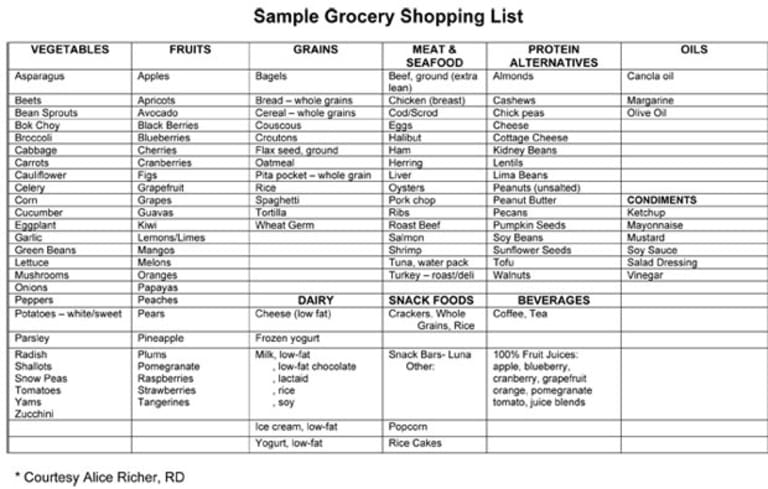
“Bad nutritional habits formed at home can be very difficult to change,” Richer says. “We just take one step at a time and change it up slowly.”
Richer frequently comes to training camp and makes the team sample meals to try after practice. For players who are interested in going further, she develops individualized diet plans and even joins them on trips to the grocery store, as she did recently with defenders Stephen McCarthy and Darrius Barnes.
“I analyze how they currently eat over a few days and then provide them with a report on how they are doing nutritionally with specific recommendations for change to help them improve health and enhance performance,” she says. “I also give them a week’s worth of sample menus that takes into account favorite meals and foods or food allergies and intolerances.”
Changing an athlete’s diet is not something that happens overnight, though. There are many factors involved, including different cultural norms for foreign players and various potential physical reactions to different foods.
“You have to be really careful about changing guys’ nutritional strategies,” says Seattle Sounders head fitness coach Dave Tenney. He points to his recent work with center back Patrick Ianni. “We changed how he looked at food in the off-season. The last thing you want to do is tweak guys and change how they do things in-season. They could start crashing because their bodies aren’t used to it and aren’t responding. And then they don’t trust you.”
Trust, of course, is the most important part of this for the nutritionists and coaches involved. Athletes are always looking for that little advantage, and if a player trusts that a better diet and a thoughtful nutrition plan will improve his performance, he will sign up eventually. And then everybody wins.
“The more we show the players evidence and why [good nutrition] improves their recovery,” says Chicago's Jouaux, “the more they will make some changes.”

